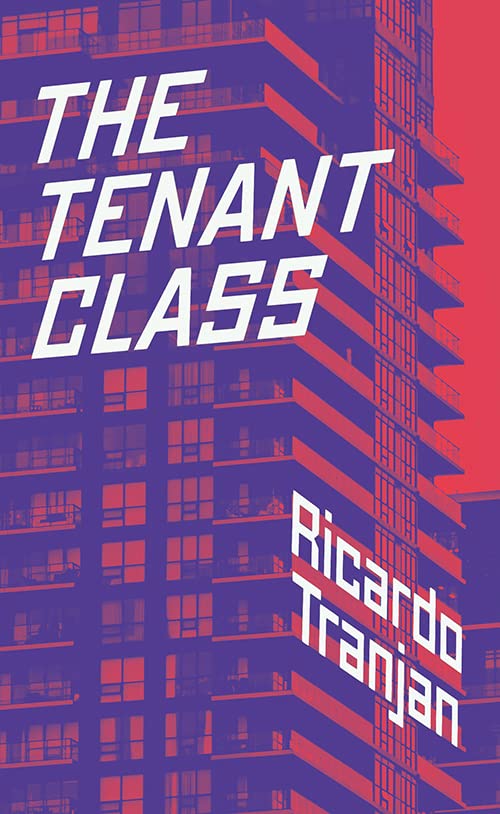What do you think?
Rate this book


135 pages, Paperback
Published May 16, 2023
[K]eeping units off the market is the only way to protect low-rent housing… there is nothing new in this observation.
[I]t would be foolish to imagine that the combined effect of all the known economies in production would be sufficient to invalidate the main conclusion at which we have arrived, namely that the economic market cannot by itself fulfill the housing needs of the Canadian people.